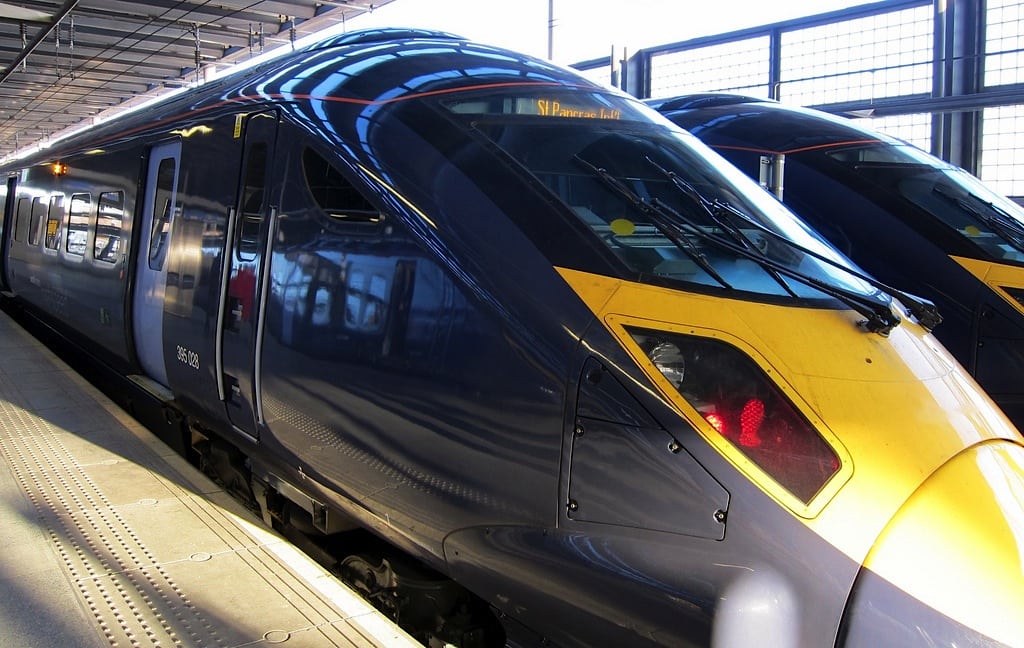England's planned High Speed 2 rail line meets more opposition from residents and golfers

Skift Take
Opponents of a proposed 33 billion- pound ($53 billion) high-speed rail line to run through England said the U.K. government hadn’t properly consulted people living on the route or weighed the environmental damage.
The government approved the line, known as High Speed 2, with “no information about the environmental impact of more than half the scheme,” said Nathalie Lieven, a lawyer for local authorities, to a court charged with reviewing the decision.
High Speed 2 trains could reach speeds as high as 225 miles (362 kilometers) per hour and would run between London and Northern England via Birmingham. The line would run through the Chiltern hills, designated a so-called area of natural beauty. Local governments, residents and a golf club near the route oppose the project as noisy, intrusive and ugly.
U.K. lawmakers approved the project in January, saying it would improve rail infrastructure, reduce journey times, ease overcrowding on existing lines and improve northern cities’ access to London’s economy.
Homes, schools and businesses “will be significantly and permanently impacted by noise and other intrusion,” from construction of the line, according to legal documents made available at court today by the High Speed 2 Action Alliance Ltd., an action group representing residents.
The judge-led review of the government’s public consultation process and its subsequent approval of High Speed 2 could take over a week.
“The government is confident that the decisions on HS2 have been taken lawfully and fairly and it is vigorously defending these legal challenges,” the Department for Transport said by e-mail.
With assistance from Robert Hutton in London. Editors: Heather Smith, Peter Chapman. To contact the reporter on this story: Kit Chellel in London at cchellel@bloomberg.net. To contact the editor responsible for this story: Anthony Aarons at aaarons@bloomberg.net. ![]()




